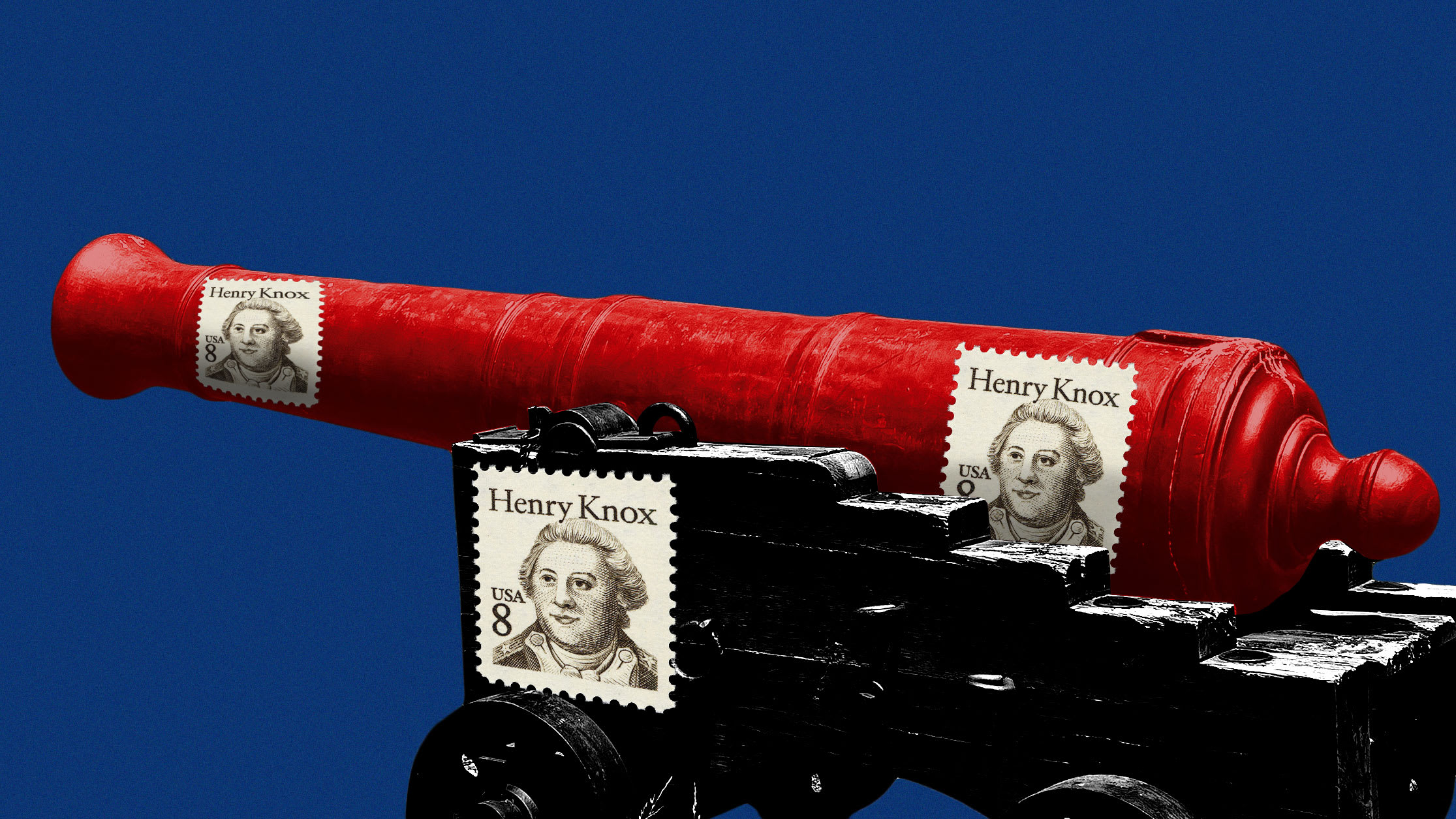Fewer Americans are applying for unemployment benefits as layoffs ease
The number of U.S. workers filing for jobless aid fell to another pandemic-era low last week, a sign the economy continues to strengthen.
Some 498,000 people applied for unemployment benefits last week, the Labor Department said. That's a drop of 92,000 from the prior week and the lowest weekly number since March 14, 2020. Another 101,000 people applied for Pandemic Unemployment Assistance (PUA), a federal program for self-employed and gig workers.
"The good news is coming from all sides, with both regular initial claims and PUA initial claims declining. Both are now at their respective lows since the start of the pandemic," AnnElizabeth Konkel, economist at the Indeed Hiring Lab, said in a report.
Layoff announcements have been falling in tandem. Announced job cuts this year are at 15% their level in 2020, according to the outplacement firm Challenger, Gray and Christmas.
Despite the improving labor picture, unemployment claims — a proxy for layoffs — are still roughly double their pre-pandemic average.
The number of people receiving jobless aid continues to fall, although more slowly. About 16 million people, or 1 in 10 workers, were receiving some sort of unemployment assistance as of mid-April.
As COVID-19 vaccinations are administered more widely across the U.S., restrictions on businesses have gradually lifted, and consumers have become more willing to travel, shop and dine out. That is boosting spending and encouraging employers to hire rather than lay people off.
"Given the tightness of the labor market, as reported in business surveys, we expect [unemployment] claims to fall for the foreseeable future," economists at Pantheon Macroeconomics said in a research note.
In the first three months of the year the economy grew at a vigorous 6.4% annual rate, with expectations that the current quarter will be even better. Employers added more than 900,000 jobs in March, and economists expect a similar level of hiring in April.
Harder to get benefits
The economy's rapid turnaround has led many businesses, especially in the relatively low-paying hospitality field, to complain that they can't find enough workers to fill open jobs. Some employers blame a $300-a-week federal jobless check that was included in a $1.9 trillion rescue package enacted in March, claiming that unemployed workers can receive more from jobless benefits than from working.
Such complaints have led Montana Governor Greg Gianforte to roll back the extra unemployment payments for residents of the state, starting at the end of June. Instead, Montana will use some of the federal money to pay $1,200 bonuses to unemployed workers who take jobs. About 30,000 people are receiving jobless aid in Montana, where the unemployment rate has fallen to 3.8%.
Other states are ending a pandemic-era exemption to long-standing rules that require aid recipients to show they are looking for jobs in order to keep receiving unemployment. That requirement was suspended during the pandemic but has recently been reinstated in Florida and New Hampshire.
However, economic research has found no evidence so far that expanded unemployment benefits dissuade people from working. Andrew Stettner, a senior fellow at the Century Foundation, noted that jobless claims are falling faster in states where hiring is strong, indicating that many of the new hires had previously been receiving unemployment aid.
"It will take many months of economic recovery, vaccine progress and rebuilding of the child care infrastructure before [many unemployed] are able to find suitable work," Stettner said in a statement. "Until then, enhanced unemployment benefits will not only sustain jobless families, but continue to power a robust recovery through greater consumer spending."
"In other words," Stettner said, "when the labor market recovers and job opportunities abound, workers will exit [unemployment] benefits for available jobs.
The Associated Press contributed reporting.



